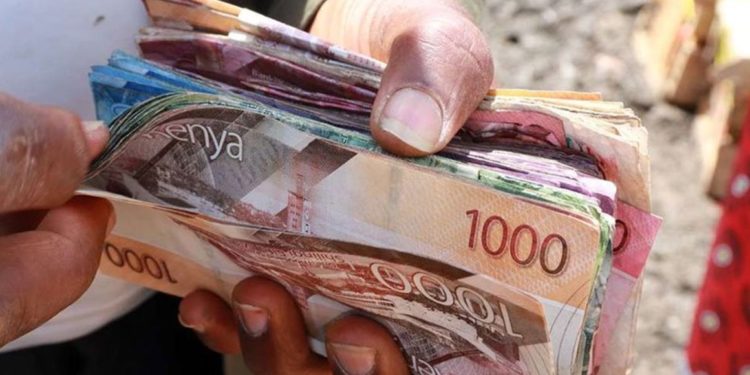The National Treasury has reopened two infrastructure bonds (IFBs) for its August 2024 issuance, aiming to revitalize its domestic borrowing programme for the 2024/2025 fiscal year after experiencing an undersubscription in July’s bond sale.
The government is seeking to raise a total of KES 50 billion from the reopening of a 17-year IFB, first floated in March last year, and a 6.5-year IFB, initially issued in November 2023.
Infrastructure bonds have historically garnered higher investor interest compared to ordinary bonds due to their tax-free status, which remains intact following the cancellation of the Finance Bill 2024 that proposed a five percent withholding tax on these securities.
The 17-year bond, which has 15.7 years remaining to maturity, carries an interest rate of 14.39 percent set during the initial auction. Meanwhile, the 6.5-year bond (with 5.8 years to maturity) has a coupon of 17.93 percent.
In its initial sale, the 17-year bond raised KES 50.87 billion against a target of KES 50 billion, followed by a tap sale targeting KES 20 billion that netted KES 12.7 billion. This marked a rare instance of an infrastructure bond not meeting its overall target.
Conversely, the 6.5-year bond performed robustly in its initial sale last November, netting KES 67.1 billion against a target of KES 50 billion. Its tap sale, which sought KES 20 billion, successfully raised KES 47.9 billion.
The reopening of these bonds occurs amidst a standoff between the Central Bank of Kenya (CBK) and investors over interest rates, exacerbated by the government’s deepening fiscal challenges.
Earlier this month, a rate disagreement saw investors offer the State a mere KES 487.5 million in a tap sale of a two-year bond against a target of Kes 20 billion. Additionally, a separate sale of reopened 10 and 20-year bonds targeting KES 30 billion raised bids worth Kes 14.68 billion, with the CBK accepting KES 9.76 billion.
“The undersubscription by 50 percent on the two papers and an earlier apathy on the tap sale was due to a lack of clarity on fiscal borrowing targets and a holdout for higher rates in the short term,” explained a financial analyst.
The CBK’s subsequent rejection of a third of the bids on the reopened bonds indicated its unwillingness to accept expensive offers to meet borrowing targets. “We are cautious about accommodating expensive offers, as it may set a precedent that could affect our fiscal stability,” a CBK spokesperson commented.
Investors have recently shown a preference for the 91-day Treasury Bill as they await more favourable interest rates. This trend poses a challenge for the 17-year IFB, particularly due to its lower coupon rate.
In the week’s T-bill sale, the 91-day paper attracted bids worth KES 25.8 billion against a target of KES 4 billion, making up the majority of the total KES 31.6 billion offered for all three T-bill tenors.
“As investors, we are currently favoring shorter-term securities due to the uncertainty in long-term interest rates,” said an investment manager.


















